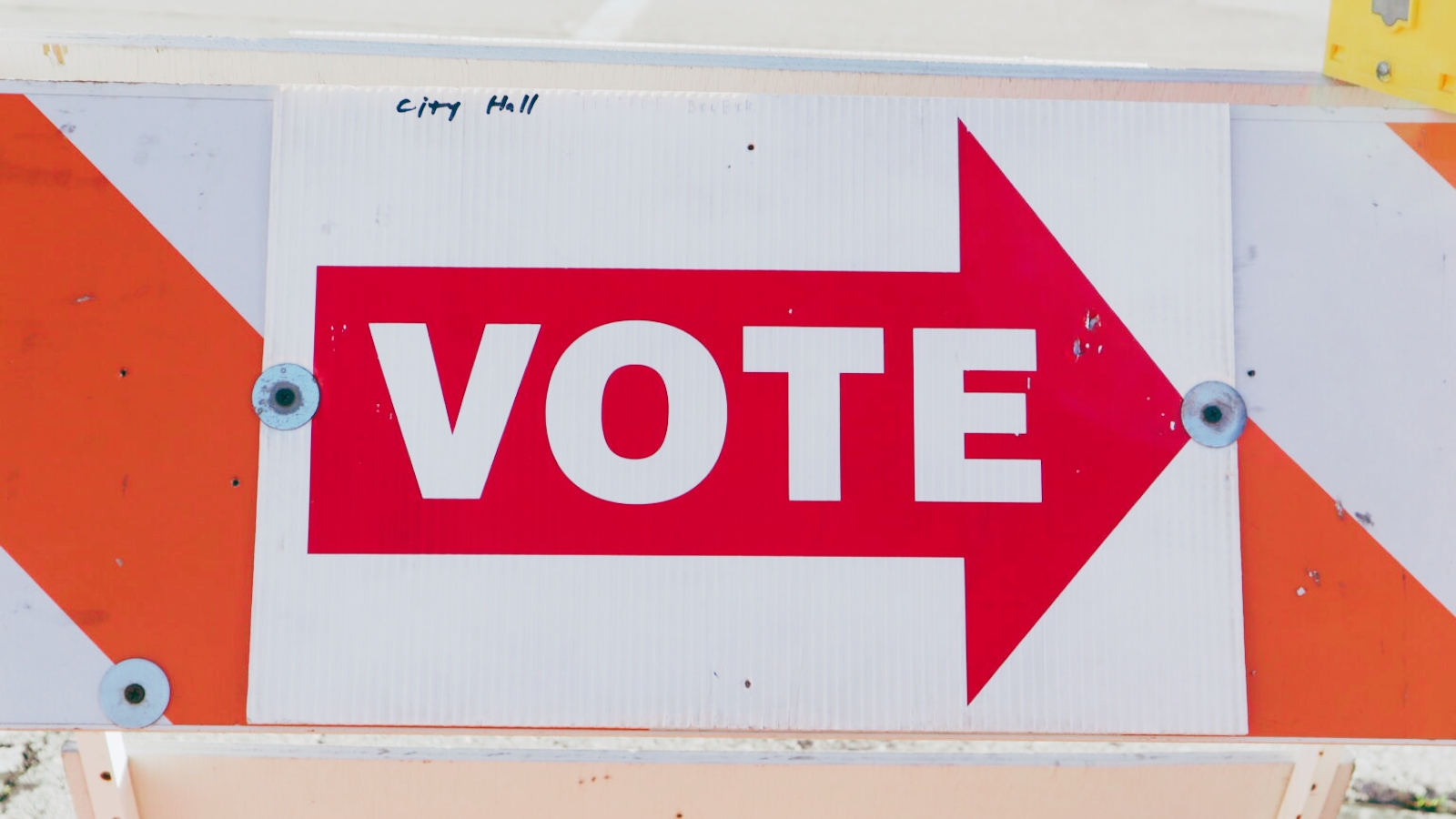
The Outlaw Mystique
Nobody—and I mean nobody—can definitively say how Donald Trump’s multi-felony conviction will affect his forthcoming ballot bout with Biden. Edmund Burke’s revilement of sophists, economists, and calculators should be updated for the cable-news era. Beware of CNN psephologists, the map nerds at Cook Political Report, and the even more nerdy line-charters at RealClearPolitics, who will try to squeeze any predictive juice out of a former-but-running president found guilty of dozens of crimes.
(Correction: Trump was found guilty of smudging business records with “intent to conceal another crime.” What’s the other crime, you ask? Doesn’t matter! The jury didn’t have to specify and we’ll never know. Turns out Lady Justice isn’t just blind, but blissfully ignorant.)
Elections come down to one thing: how many ballots are secretly stuffed into Venezuela-remote-controlled counting machines. Kidding! They surprisingly come down to how many sentient citizens submit a licensed questionnaire marked with their preferred candidate selected among a throng of competitors. The term of art political scientists use for this process is, and stop me if you’ve run across it before, “turnout.”
Consider this a plea for epistemological humility: politics is, to use another high-sounding technical word, “thermostatic,” and can pivot per pealing headline. That a verified blackguard, who was rendered a rogue by a jury of his blue-veined peers, is now a leading candidate for president doesn’t automatically count him out. It may have been unthinkable twenty years ago in America to have a felonious fleecer as a runner for higher office. But the times, as one crooner of crooks sang, really have changed.
Earlier this year, I keyed my mini spotlight on an angry and hopeless Ted Johnson, a New Hampshirite who initially backed squishy Nikki Haley in the Republican primary but became inchoately angry and turned Trump. Johnson, like the laborer Johnny Whitmire whom I frequently quote, is like many American men today in this wearing third decade of the century: distrustful, disaffected, not dispossessed yet, but disdainful of what the future holds.
It’s the overgrowth story of the past twenty-odd years: the loss of faith in American institutions. Since the 9/11 attack and subsequent soldierly excursions in the Mid-East, perennial headlines crop up like the floral adjective. “Historically Low Faith in U.S. Institutions Continues” from Gallup in 2023; “America divided: Why it’s dangerous that public distrust in civic institutions is growing” from USA Today in 2021. “How Americans lost faith in government” from the Washington Post in 2018; “How Americans Lost Trust in Our Greatest Institutions” my go-to chronicle from The Atlantic in 2012; “America’s Trust Fall” published within Greater Good magazine in September 2008, weeks before Lehman Brothers plummeted like an anchor, dragging the rest of the economy asunder.
You get the bleak picture.
Donald Trump’s election victory should have been a blaring tocsin for the elite class that maybe, just maybe, just a smidgen of possible doubt, things in America weren’t in apple-pie order as the denizens of Fairfax County thought, with their seven-figure median home prices floating celestially atop acres of verdant McMansions.
Then like a scrum of Mr. Skinners in Dockers and blue gingham button-downs, they went into full denial, Brechtianly wishing to dissolve the electorate in favor of a new, less skeptical one, and, failing that, proceeding to launch of full-scale scouring of any Russian chicanery that duped red-state Boomers into securing Trump’s victory.
But the Mueller-Russia boondoggle petered out. And Trump, despite being forced out of a second consecutive term, remains fixated on appending the non- prefix to his presidency. The Washington Machine is upshifting, whirring ever faster to brand Trump beyond the bromidic pejoratives of “fascist” and “racist.” Thanks to the Manhattan jury verdict, Trump is now officially a lawbreaker who could be running for office behind bars, should the Democrat-donating judge find imprisonment fitting.
The question that should be on the mind of everyone in Team Biden: Does turning Donald Trump into even more of an establishment wrecking ball hurt his chances?
Two Augusts ago, Curt Mills dissected the “Biden Crime Family” narrative, in which President father, derelict son, and scheming brother, raked in millions off the presumed influence of their surname, and found it wanting. “I am not alone,” Mills theorizes, “in wondering aloud whether this film simply makes Hunter, and even the broader Biden enterprise, look too cool.” A drug-addicted, strumpet-shtupping chancer trading off his dad’s political career? Just sign the rights over to Scorsese already. Dig up Ray Liotta’s corpse to play Joe Biden—it may be more animated than our laggard president.
Likewise, a mafioso film could be made about a populist demagogue who runs for the highest office in America from the clink. Variations are already cinematic classics. Trump mugshot merch is still a hot seller. Every photo of the former president is now tinged with a gritty, outlawish hue, including one taken a week before his conviction at the Libertarian Party’s National Convention. Before a hostile crowd, Trump stood stalwart beneath the radical motto “Become Ungovernable.” Iconic, as the kids say.
Speaking of kids, young American voters aren’t exactly jiving with the system. They’re just as cynical and turned off by our aging institutions as downmarket Trump supporters. Eric Levitz at Vox reports that “[v]oters with low levels of trust in society and the political system are shifting rightward.” Donald Trump didn’t inaugurate fading confidence in America’s political-business-military management. He was a windfall beneficiary of it. Levitz recounts the findings of a New York Times/Siena College survey: “Asked whether the American political system needed no change, minor changes, major changes, or ‘to be torn down entirely,’ Trump supporters were nearly twice as likely as Biden supporters to choose that last option.”
Burning everything down is never wise. But it can feel cathartic, however briefly. Dostoevsky warned that you can spoil a man with earthly riches until he’s swimming in doubloons like Scrooge McDuck, but that eventually our impish nature kicks, and “out of sheer ingratitude, sheer spite, man would play you some nasty trick.”
A nasty trick like… voting for a “convicted felon” for president maybe? If the popularity of dime store romance novels taught us anything, it’s to not discount the ne’er-do-well mystique.
Free the People publishes opinion-based articles from contributing writers. The opinions and ideas expressed do not always reflect the opinions and ideas that Free the People endorses. We believe in free speech, and in providing a platform for open dialogue. Feel free to leave a comment.



